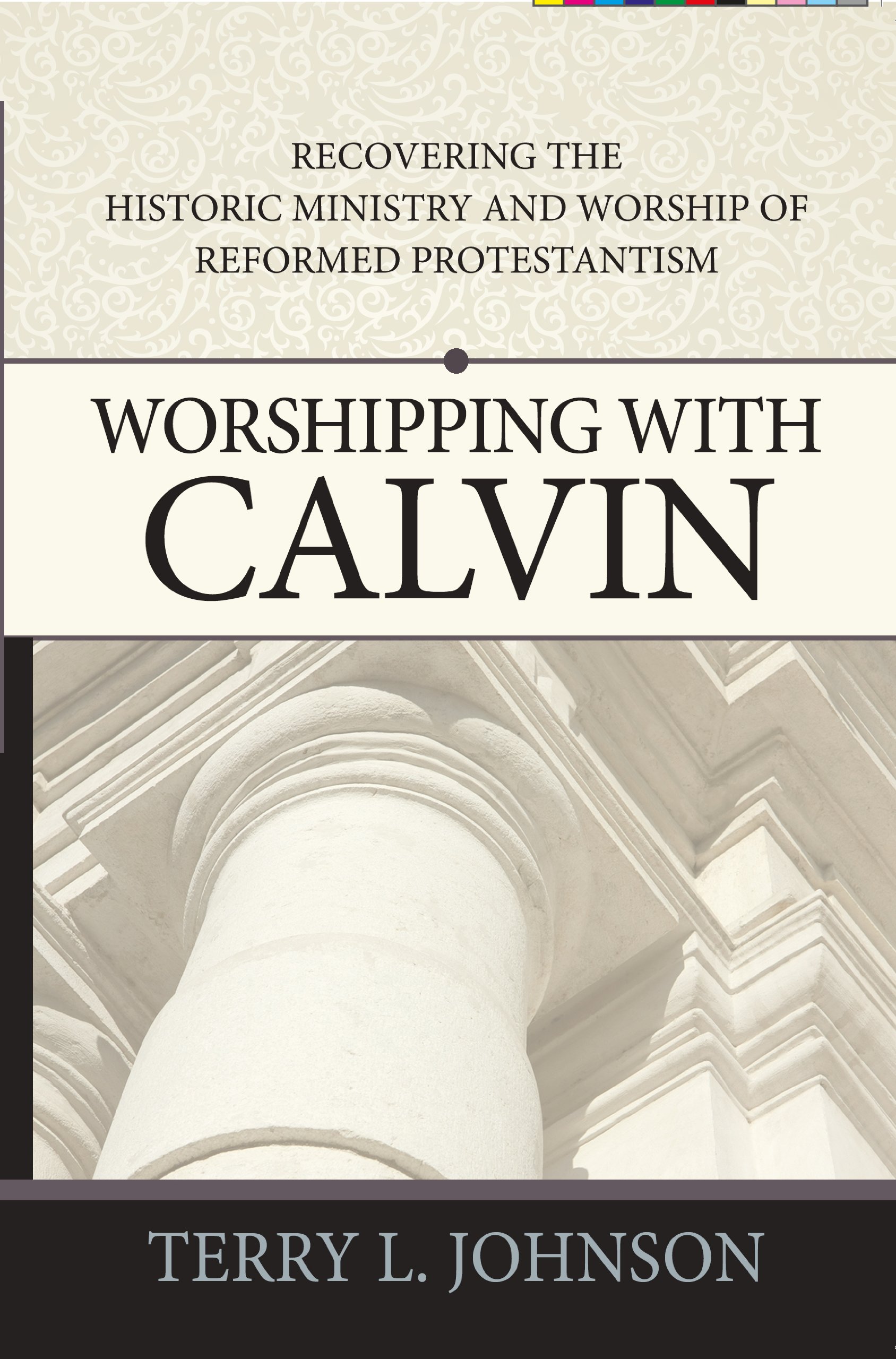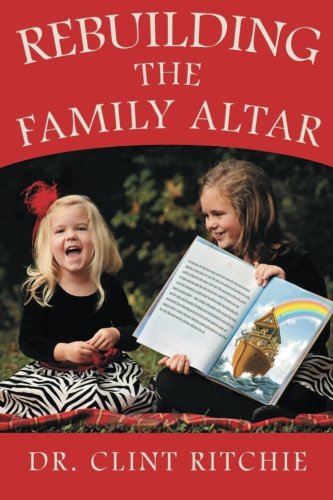Well, June is ending. Half the year is gone, and it’s time to move into the next half. If you’re reading through the Bible and are on-plan, you’re halfway there!
Morning Sermon: TREASON! 2 Chronicles 23
June 29 AM: Treason! from Doug Hibbard on Vimeo.
Also, we had this to start our service:
We joined the Methodists for the evening service, so there is no video.
Outline:
1.1. Scripture intro
First, we deal with the background information:
Wicked Queen Ahtaliah holds the throne, though she ought not do so. She took the throne at the cost of the lives of the royal household.
Only Joash is delivered by the courage of Jehoshabeath.
Over time, Jehoshabeath, daughter of former King Jehoram and wife of Jehoiada the priest, hands over Joash to Jehoiada to raise..
What happens to Jehoshabeath? (Jehosheba) Does she survive the purge? Is Zechariah a child from a second wife, later?
1.2. Opening Illustration
That religion, or the duty which we owe to our Creator, and the manner of discharging it, can be directed only by reason and conviction, not by force or violence, and therefore all men are equally entitled to the free exercise of religion, according to the dictates of conscience; and that it is the mutual duty of all to practise Christian forbearance, love, and charity towards each other1
1.3. Summary Sentence
We are citizens of a nation, but subjects of the King. We will not commit Treason against the King.
1.4. Background to Text
Closing on the end of the existence of Judah--Israel is already gone.
1.5. Major Theme in Text
Obedience to God's King is more important than anything else.
Secondary: no power grabs, no matter how vicious, stop God's promises
1.6. Concepts of the Text
1. A wicked world stops at nothing.
2. A righteous woman can make all the difference.
3. A righteous man must choose to stand.
4. A righteous people will defy a wicked government.
5. A righteous church will fight.
1.7. Application Point
1 Faith and Mission 8, no. 1 (1990): 69.
Concluding Notes:
1. I do have the rough audio of Sunday Night’s Q&A session, but I’m not sure yet that it’s useful for posting.
2. I am not sure how to improve video quality with the current equipment.
3. If you want to subscribe, here’s a list:
A. iTunes for audio subscription link is here.
B. General Audio RSS feed for other programs is here.
C. If you’re a Stitcher User, the link is here
D. For Vimeo Video, subscribe to this channel: https://vimeo.com/channels/almyrafbc
E. For Youtube Video, subscribe here: https://www.youtube.com/user/dheagle93/
4. Yes, I think I’m not getting a lot of plays on each service or hits on each blog, but in total it’s a decent reach. A social media expert might suggest changes, but this is free-to-cheap, where I have to live right now.
5. Each blog has a “Follow” button and a “Subscribe via Email” option
6. Follow on Facebook: Doug’s Page or the First Baptist Almyra Page





 Preachers writing books. Oh my! Actually, Clint Ritchie’s book Rebuilding the Family Altar is not the sermon rehash that many pastor-written/pastor-published books are. Instead, Ritchie presents a theoretical framework for family devotionals, and then presents 52 sample ideas.
Preachers writing books. Oh my! Actually, Clint Ritchie’s book Rebuilding the Family Altar is not the sermon rehash that many pastor-written/pastor-published books are. Instead, Ritchie presents a theoretical framework for family devotionals, and then presents 52 sample ideas.

